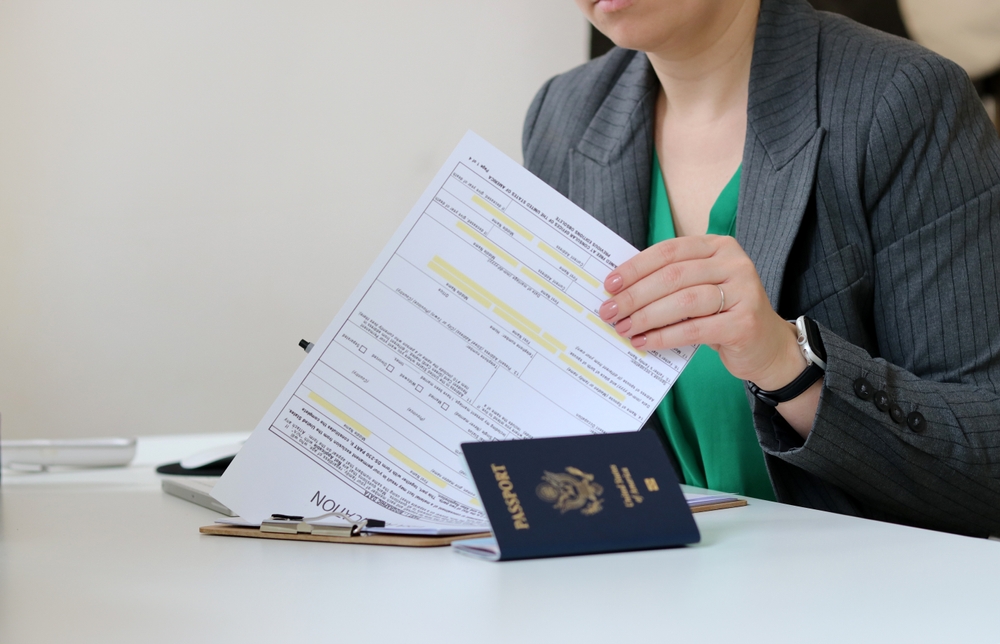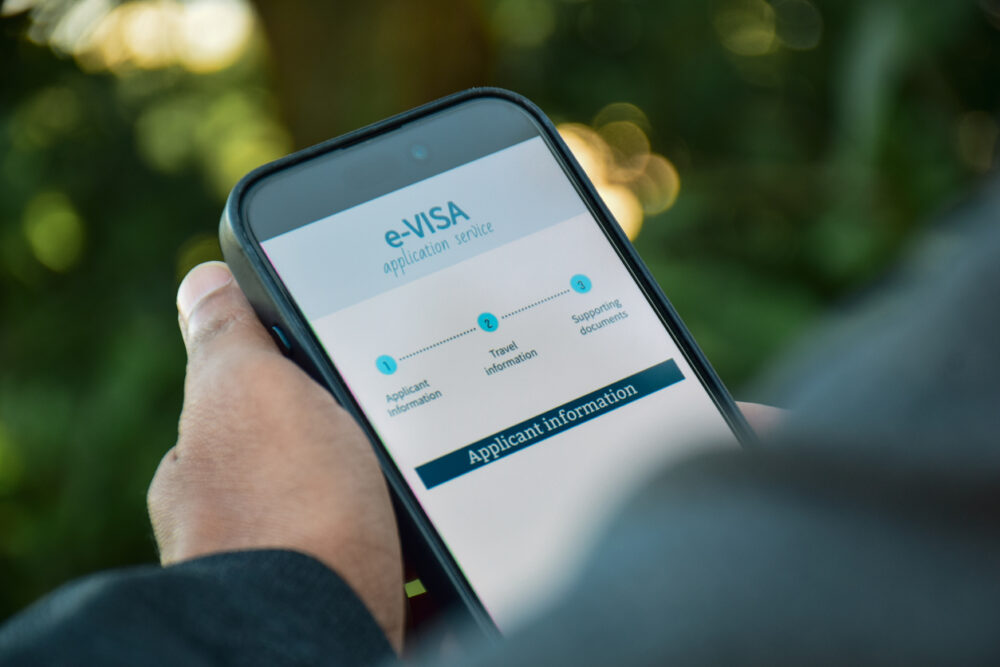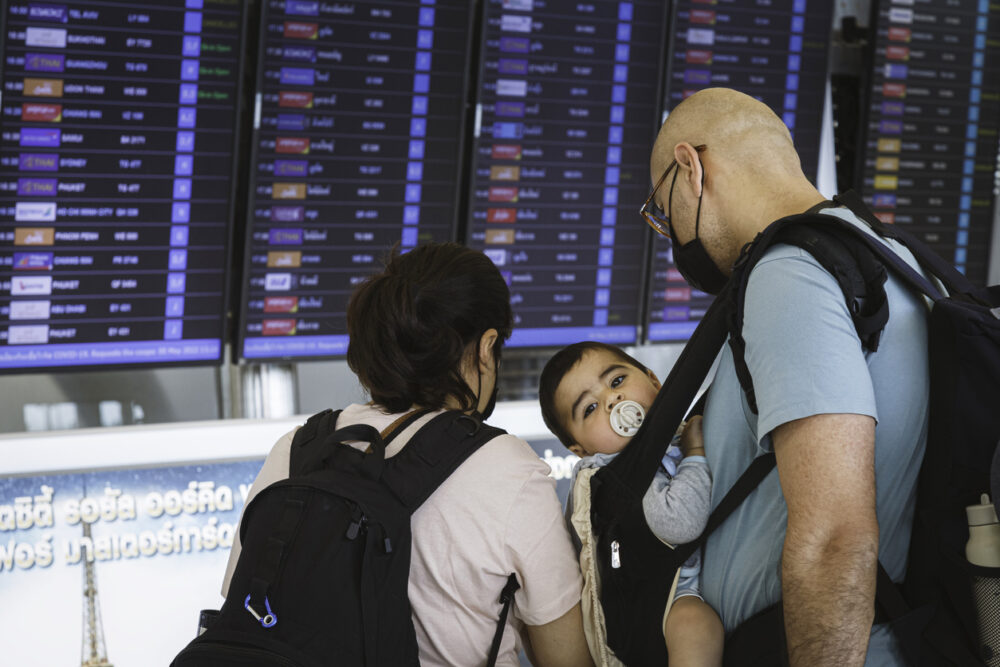A controversial new fee has been added to the cost of visiting America.

In a significant but controversial shift in U.S. travel policy, a new $250 “Visa Integrity Fee” has been implemented for certain international visitors in 2025. This new charge, which is separate from the standard visa application fee, has been met with a mix of praise from security advocates and fierce opposition from the travel industry, which fears it will deter visitors.
For travelers and their families, it represents a significant new hurdle to visiting the United States, and understanding it is key.
1. The fee applies to all new non-immigrant visa applicants.

This new $250 fee is not for everyone. It specifically applies to international travelers who are applying for a new non-immigrant visa to the United States, such as a B-1/B-2 tourist or business visa. It does not apply to travelers from the 40-plus countries that are part of the Visa Waiver Program, who use the much cheaper ESTA system.
This means the burden of the new fee will fall primarily on travelers from countries in Latin America, Asia, Africa, and the Middle East, the very people who already have to go through the most rigorous and expensive process to visit the U.S, The New York Times reported.
2. The stated purpose is to fund enhanced security screening.

The official justification for the new fee is that it is necessary to fund the advanced technology and enhanced security protocols that are now required to vet visa applicants. The Department of Homeland Security and the State Department have argued that the cost of these new, more intensive background checks, which include social media screening and other measures, should be borne by the applicants themselves.
The revenue generated by the fee will be used to upgrade the technology at U.S. embassies and consulates and to hire additional staff to implement these new security measures, as mentioned by CNBC.
3. The primary beneficiaries are government agencies and defense contractors.

The billions of dollars in revenue generated by the new Visa Integrity Fee will be directed primarily to the budgets of the Department of Homeland Security and the State Department. A significant portion of these funds will then be paid out to the private defense and technology contractors that develop and maintain the government’s security and biometric screening systems, according to CNN.
Critics have argued that the fee is essentially a way to fund these large government contracts without having to use taxpayer money, placing the financial burden directly on the foreign nationals who wish to visit the country.
4. The travel industry has fiercely opposed the new fee.

The U.S. travel and tourism industry has been almost universally opposed to the new fee. They argue that it will have a chilling effect on international tourism, which is a massive and vital part of the American economy. They contend that the U.S. is already perceived as an expensive and difficult country to visit, and adding another significant fee will only make it worse.
The industry has warned that the country will lose out on billions of dollars in tourism revenue as visitors will simply choose other, more welcoming and affordable destinations, ultimately costing the country more than the fee generates.
5. It adds a significant new cost for a family trip.

For an individual traveler, the $250 fee is a significant new expense. For a family of four from a country like Brazil or India, it adds a staggering $1,000 to the cost of their trip before they have even booked a flight or a hotel. This is on top of the existing visa application fees, which can already be close to $200 per person.
This massive upfront cost, which is non-refundable even if the visas are denied, makes a family trip to the United States a complete non-starter for many middle-class families around the world, who will be forced to choose other vacation destinations.
6. It signals a future of more expensive and securitized travel.

Ultimately, the new Visa Integrity Fee is a symbol of a broader trend in international travel. The future of crossing borders is one of increased security, more biometric screening, and higher costs. The era of easy, spontaneous international travel is being replaced by a more complex and expensive system of pre-authorizations and security fees.
While the stated goal is to enhance security, the practical effect is that international travel is becoming more difficult and more expensive for the average global citizen, creating a world with more barriers, not fewer.
